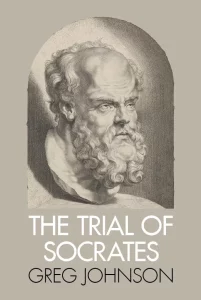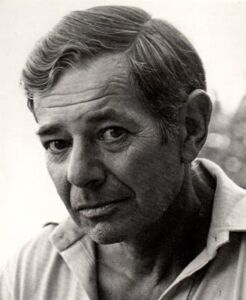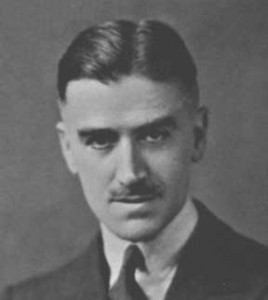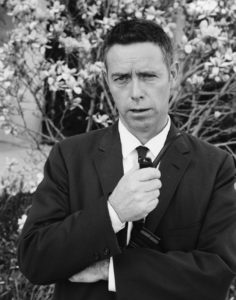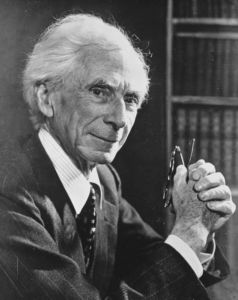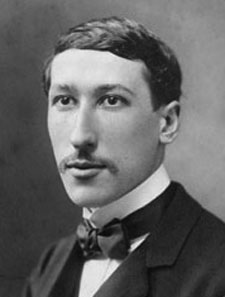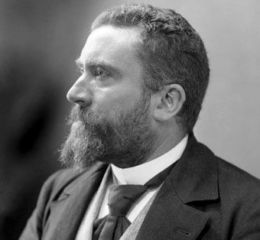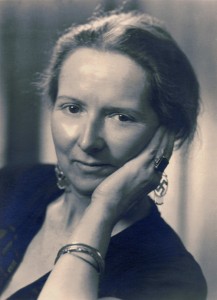2,700 words
Part 1 of 5 (Part 2 here)
Author’s Note: I am typing up and editing my lecture notes on Plato’s Alcibiades I and Gorgias to incorporate them into a new book tentatively entitled Tyranny and Wisdom: An Introduction to Platonic Philosophy. The Phoenician neoplatonist philosopher Iamblichus (c. 245–c. 325) placed the Alcibiades I first and the Gorgias second in his curriculum of Plato’s dialogues, and with good reason, for together they constitute an excellent introduction to Socratic moral and political philosophy.


